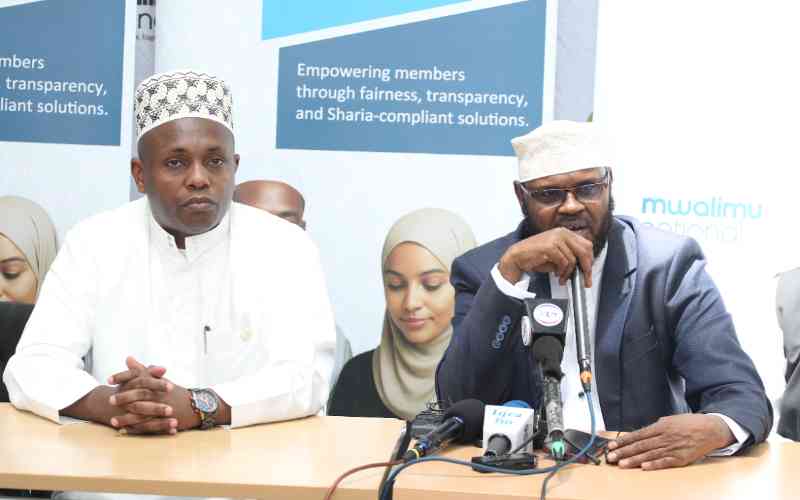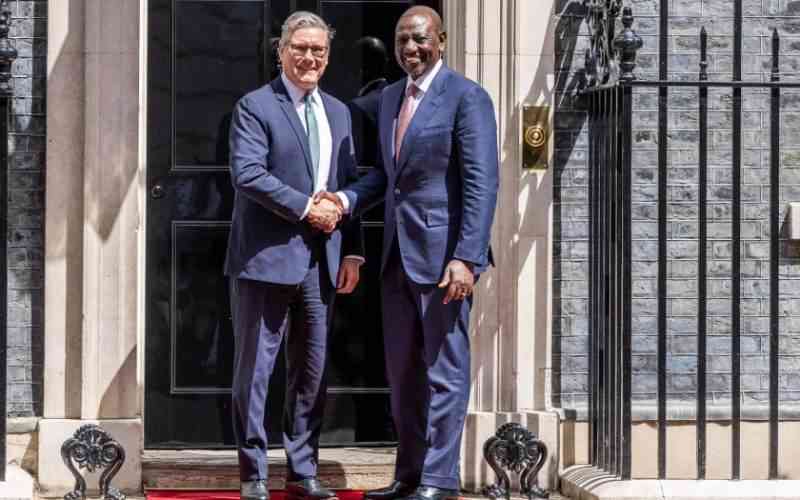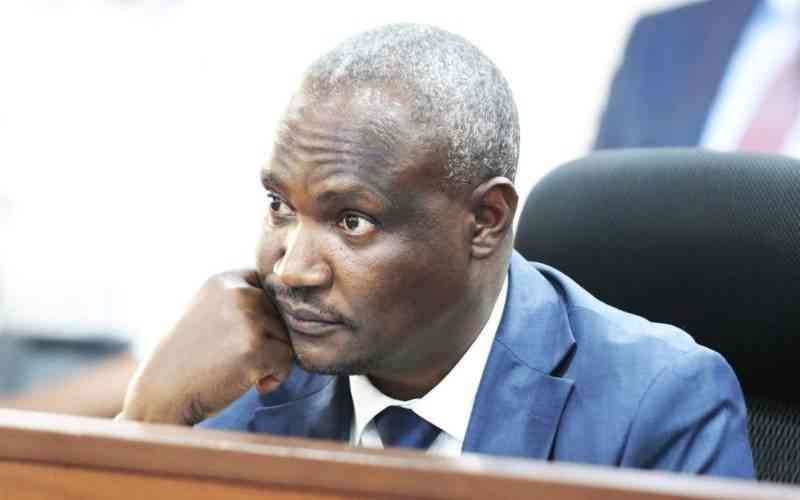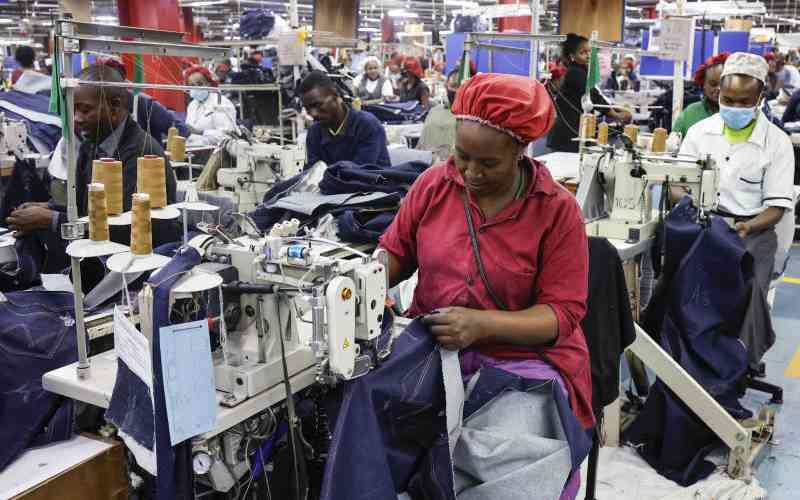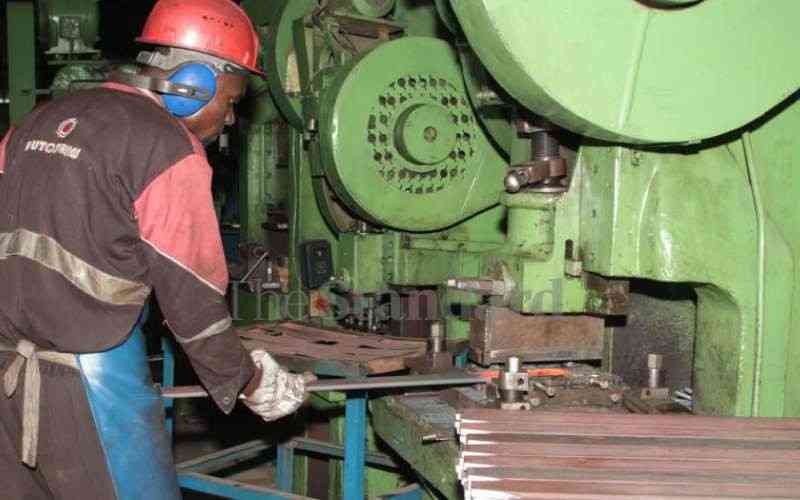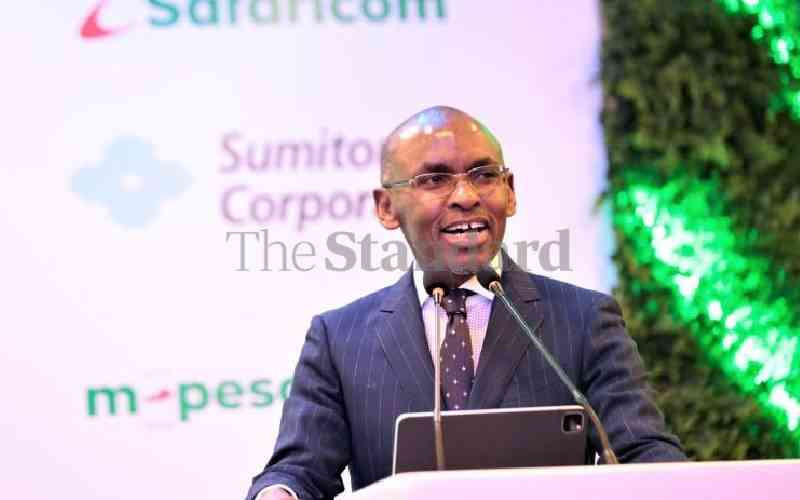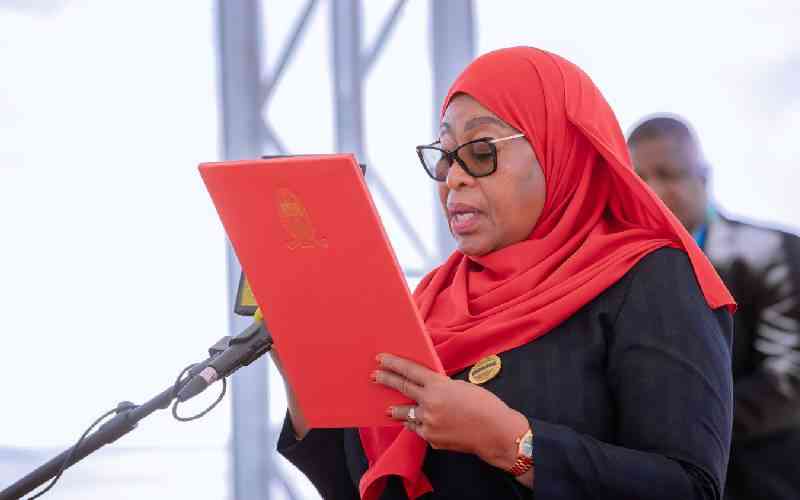
When Burkina Faso’s military ruler, Captain Ibrahim Traore announced the dissolution of the country’s Independent National Electoral Commission in July 2025, the reaction across Africa was one of outrage. Scholars, civil society groups and ordinary citizens saw it as an assault on democracy.
Yet perhaps our outrage is misplaced. Democracy in Africa, for far too long, has been for optics. Traore’s move, while brazen, only exposed what many leaders do under institutional disguise. We need only look at Tanzania to understand this.
In 2021, Samia Suluhu Hassan ascended to the presidency following the death of John Magufuli and the world watched the transition in relief and excitement.
As East Africa’s first female president and among the few across the continent, expectations were high. She embodied every desirable quality of a leader: Humble and grounded in her African roots. Hers was a welcome contrast to Magufuli’s iron-fisted rule.
Images of her, especially the now famous photo of her seated on the floor among co-wives, circulated widely with men using it to celebrate her as the perfect example of the successful African woman who ‘knew and embraced her place’. But behind the veil of humility, Samia was quietly aligning herself with the familiar belief that success in African politics comes by control not virtue.
Once in power, Suluhu moved fast to consolidate authority beginning within the government. Learning from the continent’s most seasoned despots, she came to understand that laws, courts and institutions exist to serve those at the helm.
Then she went for the opposition. In April 2025, leading opposition figure Tundu Lissu was charged with treason in what was widely seen as a politically motivated trial. Under her watch, reports of sexual abuse, torture and brutality continue to emerge, even as civil rights group document alarming numbers arbitrary arrests and harassment of dissenting voices.
The November 1 elections marked the culmination of a slow and deliberate capture of power. Having changed the law to allow the president sole authority to appoint the electoral board, Suluhu ensured there would be no credible opposition at the ballot. The intimidation and arrests guaranteed only one possible outcome.
Interestingly, the process observed every ritual of democracy: Campaigns, rallies, observers, ballots, all for a predetermined outcome. As one commentator put it, these elections were for Samia against Suluhu. When the electoral commission declared her the winner with 98 per cent of the vote, no one was surprised.
It is here that Traore’s move becomes oddly refreshing. At least he is honest about not subscribing to democratic ideals. By dissolving his country’s electoral commission, he simply acknowledged what others hide: That elections, in most of Africa, are never about the will of the people but of those in power.
Across the continent, billions of shillings are spent on elections we do not need. As Tanzania burns, our neighbours on the other side of the fence are prepare for polls with the same actors and predictable outcomes. Meanwhile, we continue to beg for foreign aid, for food, medicine and infrastructure while spending fortunes on political theatre.
Africa deserves better. But to get there, we must admit, however uncomfortable, that our systems are too fragile and vulnerable to manipulation to support democracy. Our leaders and citizens remain too afraid of the responsibility that comes with democracy. Many would rather exist in the illusion of it instead.
Africa’s greatest challenge is not dictatorship but deception. We deceive ourselves and the world about our growth as democracies.
We should be more embarrassed by Suluhu’s ‘triumph’ than by Traore’s honesty. Traore’s move, authoritarian as it is, at least strips the pretense. Democracy is not just about ballots and commissions; it is about accountability and respect for people’s will.
Stay informed. Subscribe to our newsletter
For a start, the AU and all regional bodies must call out the sham of Tanzania’s elections and demand justice for its victims. To legitimise her victory is to accept this as Africa’s normal.
If that be the case, then Traore was right. Perhaps every government should dissolve its electoral body and stop pretending. Someday, a generation will rise brave enough to embrace democracy with all its ideals.
-Ms Wekesa is a development communication consultant

